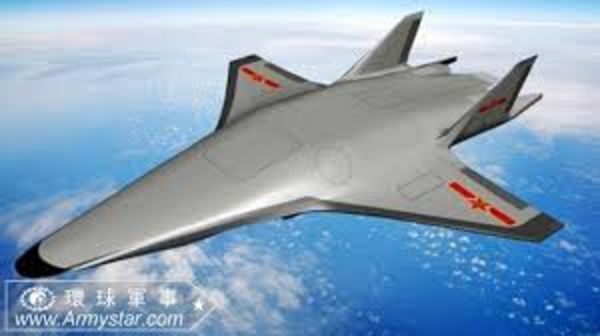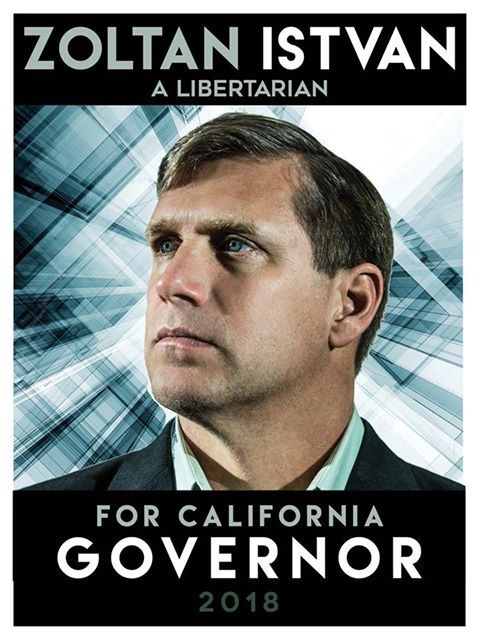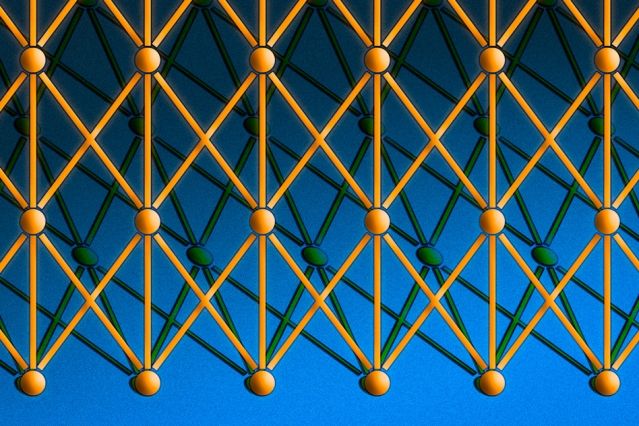Page 10388
Apr 18, 2017
‘Space Fabric’ Links Fashion and Engineering
Posted by Klaus Baldauf in categories: 3D printing, engineering, space
Apr 18, 2017
Bizarre Superfluid with Negative Mass Created in a Lab
Posted by Aleksandar Vukovic in category: particle physics
Scientists have created a new superfluid that has a negative mass, meaning that if it’s pushed to the right, it accelerates to the left and vice versa.
A cloud of supercooled atoms that behaves as a superfluid has demonstrated a negative mass, meaning it accelerates opposite to the direction it’s pushed.
Apr 18, 2017
How Western civilisation could collapse
Posted by Blair Erickson in categories: climatology, economics
2 factors destroy civilization: climate and economics. The West is currently facing severe problems in both areas.
Some possible precipitating factors are already in place. How the West reacts to them will determine the world’s future, says Rachel Nuwer.
Apr 18, 2017
A look at China’s most exciting hypersonic aerospace programs
Posted by Klaus Baldauf in category: transportation
The 21st International Space Plane and Hypersonic Systems and Technology in Xiamen, China, offers details on key fast technologies. Read on.
Calling all the Longevity Superheroes, science needs you! We are proud to launch our brand new campaign and this time there is a twist.
We have launched our Lifespan Heroes campaign to raise funds for LEAF so we can continue delivering quality content, exclusive interviews, scientific commentaries, advocacy and more. We have done an amazing job over the last two years with our volunteers but now we need some help from our heroes — the longevity community.
Spring is the best time to celebrate life and remember all the good things we have achieved to improve and protect human life. One of the organizations which contributed the most to the development of healthcare systems around the globe is the World Health Organization founded by the United Nations. WHO’s Constitution came into force on 7 April 1948 – a date we now celebrate every year as World Health Day.
Apr 18, 2017
In 10 days, I’m speaking at the 2017 California Libertarian Party convention
Posted by Zoltan Istvan in category: transhumanism
It’s in San Jose, and I’ll be doing a short talk at the reception on Friday night, April 28, and giving a formal 45-min talk on Saturday, April 29, 1:30PM on Technology and Liberty, and how radical science like transhumanism needs freedom to grow. Please join me at this major event! https://ca.lp.org/pricing/
Apr 18, 2017
How Anaconda’s data science platform will help IBM speed up enterprise machine learning adoption
Posted by Alireza Mokri in categories: business, robotics/AI, science
IBM announced that it will offer open data science platform Anaconda on IBM Cognitive Systems. Here’s how it could help your business.
Apr 18, 2017
Neural networks explained
Posted by Alireza Mokri in categories: mathematics, mobile phones, neuroscience, robotics/AI
In the past 10 years, the best-performing artificial-intelligence systems—such as the speech recognizers on smartphones or Google’s latest automatic translator—have resulted from a technique called “deep learning.”
Deep learning is in fact a new name for an approach to artificial intelligence called neural networks, which have been going in and out of fashion for more than 70 years. Neural networks were first proposed in 1944 by Warren McCullough and Walter Pitts, two University of Chicago researchers who moved to MIT in 1952 as founding members of what’s sometimes called the first cognitive science department.
Neural nets were a major area of research in both neuroscience and computer science until 1969, when, according to computer science lore, they were killed off by the MIT mathematicians Marvin Minsky and Seymour Papert, who a year later would become co-directors of the new MIT Artificial Intelligence Laboratory.


















